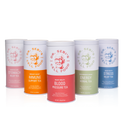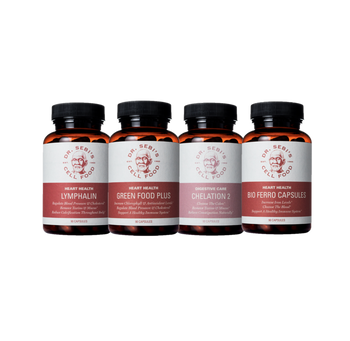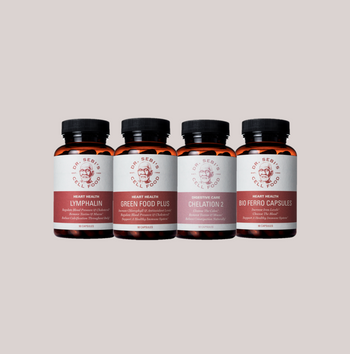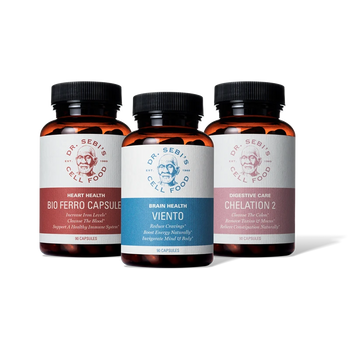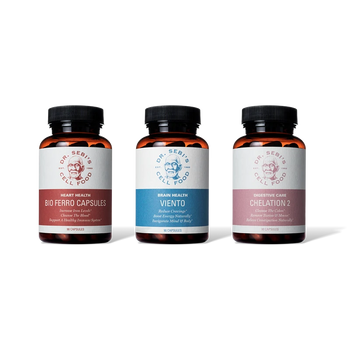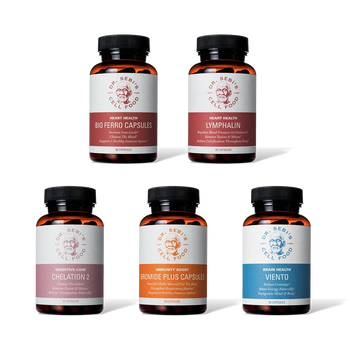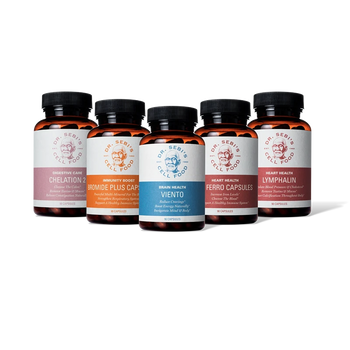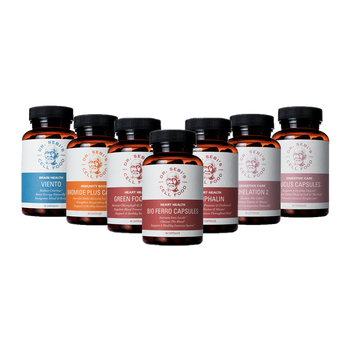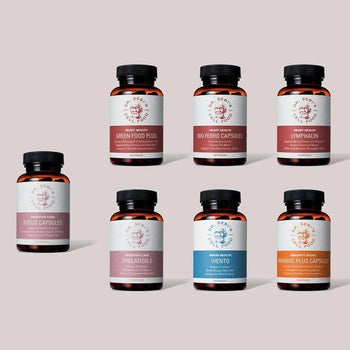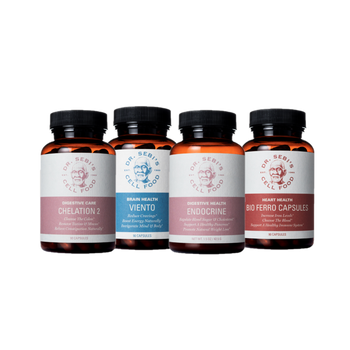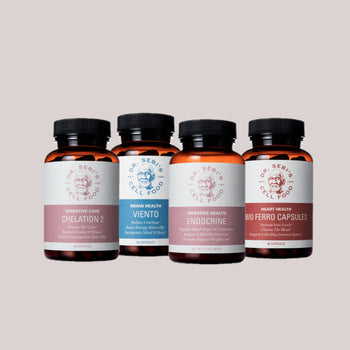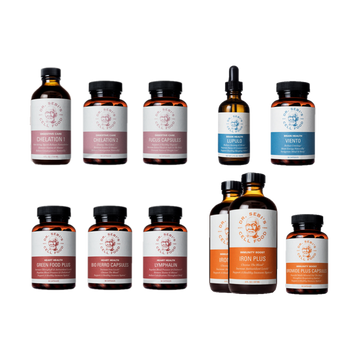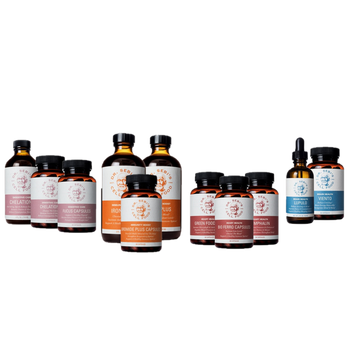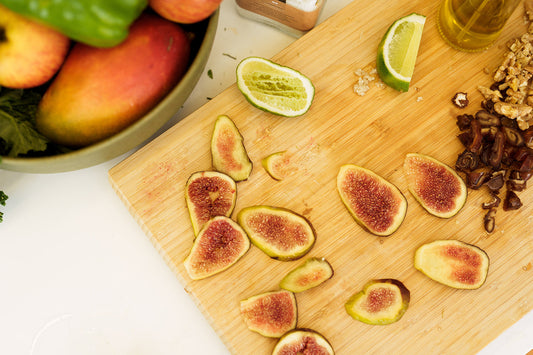Breathing is life. With every inhale, oxygen fuels our cells; with every exhale, waste is released. The lungs are not only responsible for oxygen exchange but also serve as a pathway for detoxification. Yet in today’s world—filled with pollution, smoke, processed foods, and stress—the lungs are under constant strain.
Dr. Sebi taught that excess mucus is the greatest enemy of the respiratory system. When mucus builds up in the lungs, it clogs the airways, blocks oxygen, and creates the conditions for disease. The solution, he emphasized, lies in cleansing the body of mucus and nourishing it with alkaline herbs that strengthen breathing and restore vitality.
This article explores the importance of lung health, the role of mucus in respiratory disease, and the best alkaline herbs from the Nutritional Guide to naturally support breathing.
Why Lung Health Matters
The lungs affect more than just respiration. They influence:
-
Energy levels: Oxygen fuels every cell in the body.
-
Immunity: The respiratory tract is the first line of defense against pathogens.
-
Detoxification: Waste gases and toxins exit through the lungs.
-
Circulation: Oxygen delivery improves blood flow and organ health.
When lung function is impaired, the body suffers widespread consequences—fatigue, poor immunity, and increased risk of chronic disease.
The Role of Mucus in Respiratory Disease
Mucus has a protective role, trapping dust, bacteria, and other particles. But when it becomes excessive due to acidic foods, toxins, or chronic inflammation, it suffocates the lungs.
Common Mucus-Related Lung Conditions
-
Asthma: Airways are inflamed and clogged with mucus.
-
Bronchitis: Infection and swelling with phlegm.
-
Pneumonia: Lungs filled with mucus and fluid.
-
Chronic obstructive pulmonary disease (COPD): Long-term buildup of mucus and toxins.
Dr. Sebi taught that clearing mucus was the foundation of respiratory healing.
Alkaline Herbs for Lung Health (from Nutritional Guide)
1. Elderberry
Rich in antioxidants and antiviral compounds, elderberry helps clear congestion, supports immunity, and strengthens the respiratory system.
2. Burdock Root
A powerful blood purifier that reduces mucus and inflammation in the lungs. By cleansing the bloodstream, it indirectly eases the lungs’ burden.
3. Ginger
Warming and stimulating, ginger improves circulation, thins mucus, and helps open the airways.
4. Chamomile
Soothes inflammation in the respiratory tract and calms spasms in the bronchi, making breathing easier.
5. Tila (Linden Flower)
Known for calming the nervous system, tila also relaxes the airways and supports deeper breathing.
6. Watercress (as a food)
A peppery leafy green that supports lung function and acts as a natural expectorant.
7. Dandelion Greens
Support detoxification of the liver, easing mucus production and improving lung circulation.
[related_pthe roduct]
How These Herbs Work
-
Expectorant action: Herbs like elderberry and ginger thin and expel mucus.
-
Anti-inflammatory action: Chamomile and burdock calm swelling in airways.
-
Immune support: Elderberry strengthens defenses against respiratory infections.
-
Circulatory boost: Ginger and watercress increase blood flow, improving oxygen delivery.
-
Relaxation of airways: Tila calms spasms and promotes smoother breathing.
Practical Ways to Use Lung-Supporting Herbs
Herbal Teas
-
Morning: Ginger and burdock tea to clear mucus.
-
Afternoon: Elderberry tea for immune support.
-
Evening: Chamomile or tila tea for relaxation and calm breathing.
Infusions
Long-steeped burdock or dandelion teas extract minerals that aid long-term lung health.
Steam Inhalations
Breathing steam infused with chamomile or ginger opens airways and loosens mucus. Pro Tip: Add a dollop of our Eva Salve to your steam to increase effectiveness.
Culinary Uses
-
Add watercress to salads or soups.
-
Use ginger tea for daily support.
Lifestyle Practices That Enhance Lung Health
-
Stay Hydrated: Spring water thins mucus and supports elimination.
-
Practice Deep Breathing: Expands lung capacity and clears stagnant air.
-
Avoid Acidic Foods: Dairy, processed grains, and meat create mucus.
-
Exercise Gently: Movement improves circulation and lung function.
-
Rest & Relaxation: Stress constricts breathing; calming herbs and practices restore rhythm.
FAQs
Q: Can herbs reverse chronic lung conditions?
A: Herbs support the body’s healing, but results depend on consistency and lifestyle changes. They often bring significant relief when paired with an alkaline diet.
Q: Are these herbs safe for children?
A: Yes. Elderberry, chamomile, and ginger are safe for children in small amounts.
Q: How long before I notice results?
A: Some people experience easier breathing within days, while deeper healing may take weeks or months.
Q: Can I use herbs alongside medications?
A: In most cases, yes. But those with chronic conditions should consult a health professional before making changes.
Dr. Sebi’s Perspective
Dr. Sebi believed that mucus was the key to understanding lung disease. For him, asthma, bronchitis, and pneumonia were not separate illnesses but variations of mucus accumulation in the lungs. His solution was simple: remove the mucus through fasting, herbs, and alkaline foods.
He emphasized herbs like elderberry, burdock, and ginger, not as quick fixes but as daily allies to cleanse and strengthen the respiratory system. His approach was always about supporting the body’s natural design to heal itself.
Conclusion
The lungs are vital not only for breathing but for life itself. When mucus and toxins clog this delicate system, disease follows. By embracing herbs like elderberry, burdock root, ginger, chamomile, tila, and foods like watercress and dandelion, we can support clear breathing and strong lungs.
Instead of relying only on medications that suppress symptoms, we can align with nature’s wisdom: cleanse, nourish, and restore. When the lungs are clear, oxygen flows freely, energy rises, and the entire body thrives.

